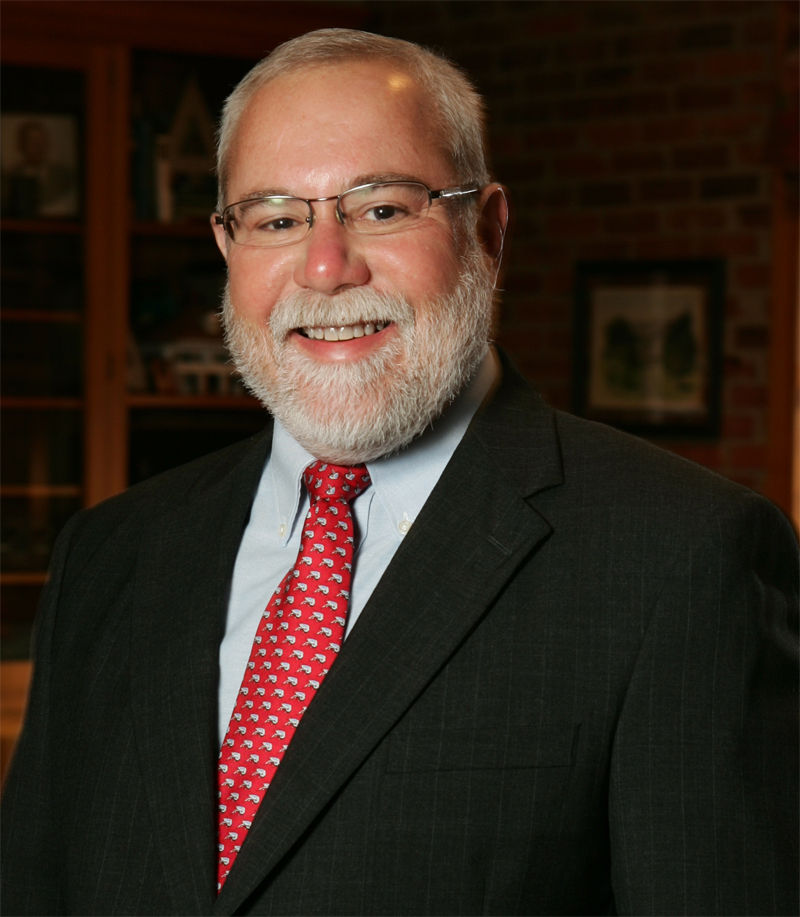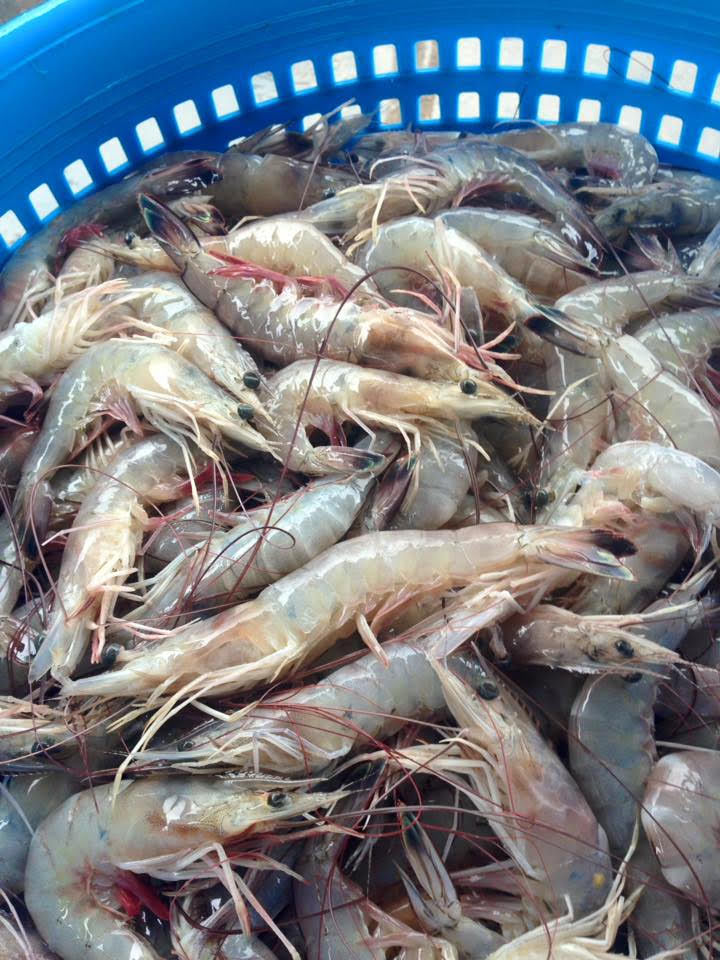
ACUF ranks area lawmakers above 55 percent
June 6, 2018
Good food festival in Gheens
June 6, 2018Local shrimp fishermen and dealers say the industry’s prices are locally hitting some of the lowest points in nearly a decade, and warning of a market collapse if some kind of help is not forthcoming.
What kind of help will do the most good has not been settled, but the industry’ voices will speak 4 p.m. Friday at the Lennox Hotard American Post at 602 Legion Drive in Houma. Among confirmed attendees is U.S. Sen. John Kennedy R-La.
“I hope he can sit with us before the meeting so that we can explain what is going on with us,” said Louisiana Shrimp Association President Acey Cooper. “We have concerns that India is bringing shrimp from Indonesia, we are importing 155,000 metric tons from India, they are either bringing in shrimp from Indonesia or producing that much. Either way it’s not good.”
Cooper plans to request a study of why prices are so low through Louisiana SeaGrant, and looking forward to suggestions Kennedy — and other shrimpers — may have.
Cooper finds particularly irksome the difficulty he and other shrimping activists have had getting support from the Louisiana Restaurant Association for a state truth-in-menu law.
“We produce 100 million pounds of seafood in this state but people come visit here and thinking they are eating our shrimp, but they are eating shrimp from somewhere else,” Cooper said.
The complaints are coming from single-boat operators of tiny vessels to owners of multiple double-rigged trawlers.
Price lists from buyers or at docks tell the story in stark numbers.
Shrimp numbering 60-70 to the pound are fetching 80 cents per pound, with some smaller shrimp priced at 55 cents per pound. The very biggest shrimp — jumbo creatures numbering less than 10 to the pound, are priced at $2.35.
Angela Portier of Chauvin, whose family has owned shrimp boats for generations and manages a fleet, will be at the meeting Friday and is pleased that Kennedy will attend.
“We want to know if there Is anything he can do to help, is there anything he can do to help raise our shrimp prices,” she said. “We need a direct line to President Trump. We need to know his home number. We need help and we are praying all the time. We have God, we have faith, but we need our government on our side also.”
The flagship of Portier’s fleet, the trawler Angela Marie, was used as an example of why the prices drop is so critical. The Angela Marie, launched in 1989, can fill its hold with 300 boxes of shrimp on a good trip. That’s about 30,000 pounds in two weeks.
The cost of a trip including fuel, food and other supplies runs about $15,000, according to Portier’s estimate. At $1 per pound — a higher number than paid for most shrimp currently caught — the take is $30,000; Out of that $7,500 is reserved for the boat, money that goes to repairs and miscellaneous gear. The captain and at least two deckhands split another $7,500 between them.
At 50 cents per pound the dollars scale down. The trip still costs $15,000. It’s not enough to pay a crew along with the expenses. Those numbers are all based on a full hold, and the holds aren’t always full.
Portier’s family faces additional financial risk. They recently purchased the old Houston Foret shrimp dock in Chauvin, seeing it as an investment in an industry that had displayed signs of improvement.
The prices listed are what are called “pickup prices” — the price paid to the docks by processors. That means many of them are paying 20 cents less than that to stay afloat. Some are absorbing that cost to keep fishermen bringing their catches in.
Al Marmande of Al’s Shrimp Company in Dularge has been paying fishermen more than required is necessary, he says, for the fishermen to go out at all. But it comes at a cost bigger than the dollars themselves. Because of the price differentials Marmande is not accepting new boats.
“Every day it’s a stressful situation,” Marmande said. “The worst part is that since the BP oil spill settlement you have ten maybe more big peeling plants that shut down and don’t have the people to process the shrimp anymore, and don’t want small shrimp. They want nicer shrimp, 50-60 count or bigger.”
A big part of Marmande’s business was a company in California that purchased dried shrimp for and distributed it, but began buying imported shrimp already dried for $6.00 a pound. Marmande said he couldn’t meet that price and make a profit.
Due to quality concerns his customer came back but the margin is small.
Marmande recalls the time 14 years ago when tariff dollars were disbursed to the industry directly, which was a boost. But the World Trade Organization banned the practice, made possible through a trade law called the “Byrd Amendment,” named for the Senator who wrote it. Now tariffs that are collected go directly to the U.S. treasury and don’t go to the industry.
Noting that sugar growers and other farmers receive subsidies, shrimpers say they want the government to investigate subsidies for seafood. So far nobody has picked up on the suggestion.
The record shows that Kennedy’s visit Friday will not have been his first show of concern.
On April 17 he wrote directly to the president when discussion of potential tariffs on goods made in China was under discussion.
“Including crawfish and shrimp would provide a much needed economic boost to the Louisiana seafood industry, which supplies the finest seafood in the world,” Kennedy’s letter states. “For years, Chinese companies have dumped inferior, sometimes fraudulent, seafood products into the American marketplace, and Louisiana industries have suffered as a result. The commercial seafood industry has a $2.4 billion annual impact on Louisiana’s economy but access to the Chinese market has been restricted by policies that discourage foreign competition. If your administration must evaluate additional products subject to subsequent tariffs, I respectfully ask that you give full consideration to the inclusion of Chinese crawfish and shrimp. Louisianans take great pride in their seafood, and this measure would reward hardworking Louisiana shrimpers, crawfish farmers, and consumers.”
Kennedy offered to share some Louisiana seafood with President Trump, but so far is not known to have received a response.








